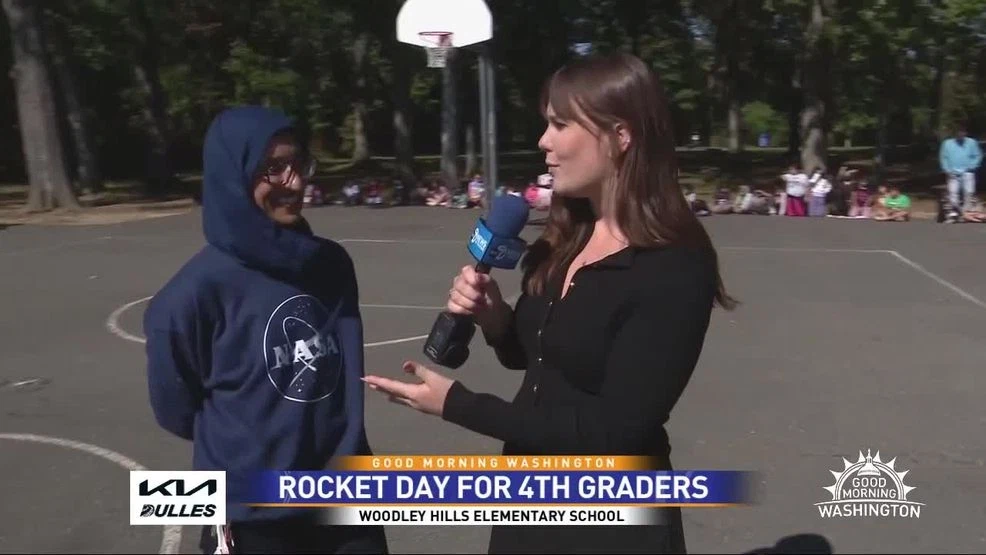Copyright The Boston Globe

The House Democrats’ proposal emerged this week after years of advocacy on and off Beacon Hill, and after similar bills passed around the country. States have looked to the rare examples ofLouisiana and Mississippi, which have bucked the nationwide decline in achievement over the past decade. A union-backed amendment to the bill that would have eliminated the role of the state’s education department in determining acceptable curriculums was withdrawn during Wednesday’s session before it could even be debated. The amendment — filed by state Representative Samantha Montaño, a Boston Democrat — would have allowed districts to choose their own curriculums without state approval as long as they report to the state that their choices are high-quality. The bill “will undermine tailoring instruction for all of our students and a variety of learning styles and the variety of type of students we have,” said Massachusetts Teachers Association president Max Page. The union didn’t go home completely empty-handed. A trio of amendments filed by Representative Marjorie Decker, a Cambridge Democrat, centered around promoting librarians, reading specialists, and other school-based literacy staff easily passed. Another amendment loosened the bill’s ban on three-cueing, a widely disparaged technique that involves using context like pictures to figure out unfamiliar words instead of phonics. The amendment, filed by Representative Mike Connolly, another Cambridge Democrat, permits curriculums to include pictures as a “supplement.” “We’re not banning pictures,” state Representative Ken Gordon, the House chair of the committee on education, said ahead of the debate. “We’re just banning pictures in place of words.” House leadership maintained that the state’s curated selection of curriculums would result in the best outcomes. House Speaker Ron Mariano, a Quincy Democrat, pitched the bill this week as a way to jumpstart the weak recovery from pandemic-era learning losses that have persisted despite significant increases in state spending. Since 2015, Massachusetts Grade 4 reading scores on the National Assessment of Educational Progress have declined by the equivalent of about one grade-level, according to an analysis by Harvard University and Stanford University researchers. If the bill becomes law, districts would have to select from a state list of “high-quality curricula,” which already exists, or apply for a waiver to use a curriculum that still uses evidence-based literacy instruction. The bill is the latest version of a comprehensive literacy reform some state lawmakers have been pursuing since 2023 as part of the “Science of Reading” movement that has swept the nation. The proposed legislation has faced fierce opposition from teachers unions and district leaders who have resisted state mandates. The opposition had for more than two years kept the legislation from getting a vote. “There’s no consistent proof at all that this ‘Science of Reading’ approach worked,” Page said. “Some places went down a little bit, then went down. Some places went down, then up.” Unlike with legislation proposed last year, the Massachusetts Association of School Superintendents did not join the MTA in voicing its opposition this time. The superintendents association did not respond to repeated requests for comment from the Globe on Wednesday. The teachers union has been racking up major wins at the ballot box and in the Legislature for years. Labor officials helped defeat a 2016 ballot measure to raise the charter school cap, and they championed a successful measure last year to eliminate the state’s high school graduation requirement. In 2019, they backed the sweeping law known as the Student Opportunity Act, which has added more than $1 billion in state funding for school districts, with a particular focus on low-income school districts. The union has also looked for new areas to promote its members’ interests, such as in local elections — including Andover’s last spring — and a potential rent control ballot measure. The MTA’s failure to stop the literacy bill this year is an indication that the union’s power has limits in the state government. The union’s leadership was also grilled earlier this year by a special state commission over distributing learning materials commissioners called antisemitic. And state officials appear to be forging ahead, over the union’s objections, with new graduation requirements that feature end-of-course tests administered by the state. The union will have more opportunities to alter the legislation with it now going to the state Senate. Another state teachers union, the American Federation of Teachers Massachusetts, put out a statement echoing the MTA’s concerns that the bill would create a “limited, blanket curriculum.” A spokesperson for Senate President Karen Spilka said Monday she would review it. Some state senators have put forward their own version, which also bans three-cueing. The bill brings the force of a legislative mandate to Governor Maura Healey’s efforts to improve reading instruction. Already, the state publishes a list of curriculums it considers high-quality, based on reviews by Massachusetts teachers and by groups such as EdReports, a North Carolina-based nonprofit that evaluates teaching materials. A 2023 investigation by the Globe’s Great Divide education team found that roughly half of all Massachusetts districts were using a K-3 reading curriculum that the state called low quality. Healey and the state Legislature have since rolled out tens of millions of dollars in funding for curriculum improvements, teacher training, and tutoring. The funding has helped dozens of the state’s nearly 400 school districts pay to adopt those curriculums and train teachers in them. But still about one-third of districts continue to use curriculums that the state considers low-quality, Gordon said Monday. Literacy experts who have studied the so-called “Southern Surge” in reading performance have identified curriculum reforms, teacher training, and regular early literacy screenings — all components of the House bill — as key steps. Massachusetts leaders have so far stayed away from the most controversial component: a requirement that third-graders pass a reading test in order to advance to Grade 4. Curriculum researcher Karen Vaites, who touted the Southern Surge playbook, said she believes the most important measures are improving curriculums and teacher training. “Massachusetts is doing the most important parts of what they did in the Southern Surge,” Vaites said. But, she warned, “the country is littered with implementation failures.”



